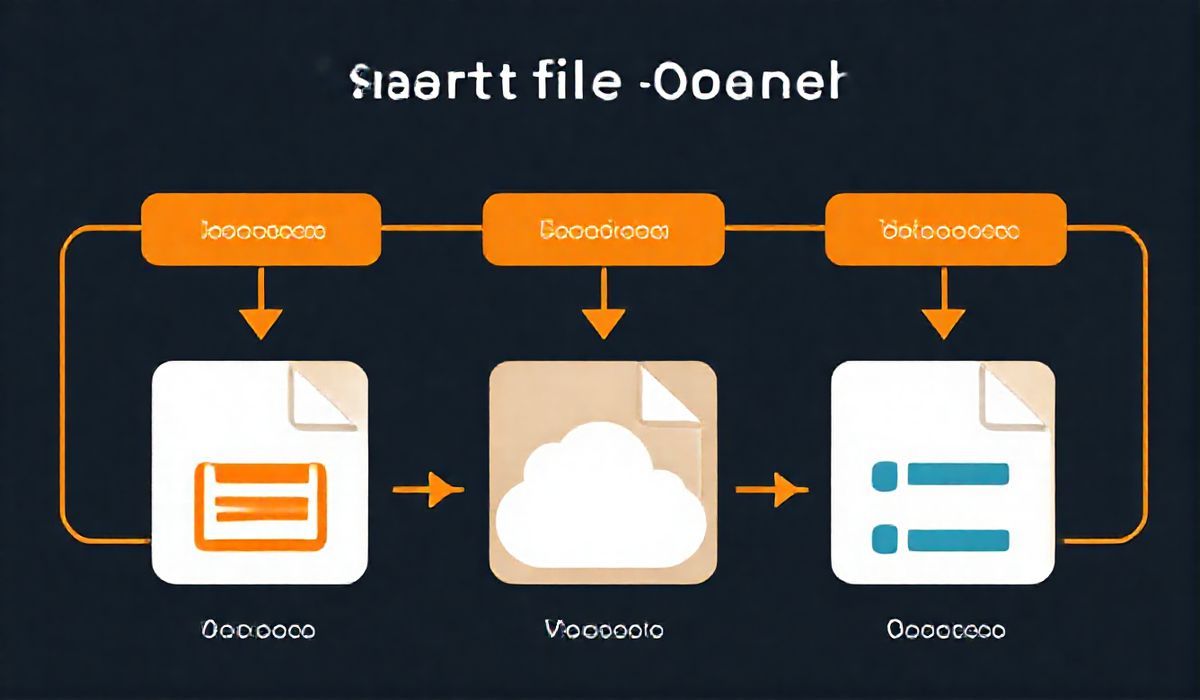Introduction to `require-reload`
`require-reload` is a powerful and efficient module for dynamically reloading modules in Node.js. Whether you’re developing a large application or managing complex dependencies, `require-reload` allows you to effortlessly reload modules at runtime without needing to restart your application. This capability is particularly useful for applications that require frequent updates, plugin systems, or dynamic configuration loading.
Basic Usage
const requireReload = require('require-reload')(require);
let moduleA = requireReload('./moduleA');
API Examples
Reloading a Module
To reload a module, you can simply call the requireReload function:
const requireReload = require('require-reload')(require);
let moduleB = requireReload('./moduleB.js');
// When moduleB is updated, reload it:
moduleB = requireReload('./moduleB.js');
Caching Control
`require-reload` offers fine-grained control over caching, allowing you to selectively clear a module from Node.js cache:
const requireReload = require('require-reload')(require);
requireReload.clearCache('./moduleC.js');
// Load the module again:
let moduleC = requireReload('./moduleC.js');
Creating an Application Example
Let’s create a simple application that uses `require-reload` to dynamically reload configuration settings.
const http = require('http');
const requireReload = require('require-reload')(require);
// Load configuration file
let config = requireReload('./config.js');
// Create an HTTP server
const server = http.createServer((req, res) => {
// Use the current configuration settings
res.writeHead(200, {'Content-Type': 'text/plain'});
res.end(`Config Value: ${config.value}\n`);
});
// Listen on port 3000
server.listen(3000, () => {
console.log('Server is listening on port 3000');
});
// Watch the configuration file for changes and reload it
fs.watchFile('./config.js', (curr, prev) => {
console.log('Config file updated, reloading...');
config = requireReload('./config.js');
});
In this example, the server will reload the configuration file dynamically whenever it is updated, without needing to restart the server.
Hash: 84f6dff5cab34910be23c2e4bf6ff5e503197ab5297fb8797fb85c8383996151




